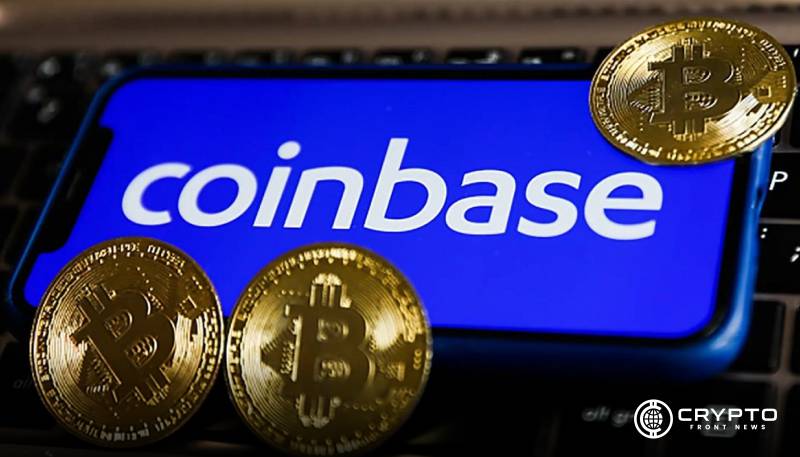- Coinbase wallet migration boosts security; user deposits, trading, and sending remain fully operational.
- Large on-chain transfers may appear, temporarily affecting exchange reserve data for BTC and ETH.
- Users should ignore scam attempts; Coinbase never asks for passwords, 2FA, or seed phrases.
In an effort to improve security while preserving user-friendliness, Coinbase has begun moving its internal BTC and ETH wallets. Large amounts of cryptocurrency must be moved from outdated internal wallets to brand-new wallets under Coinbase’s control.
The exchange claims that this procedure is a planned security step rather than being brought on by an external danger or security breach. Coinbase highlights that trading, sending, and receiving cryptocurrency continue uninterrupted, and user deposit addresses are unaffected.
What the Migration Entails and Why It Matters
On-chain statistics will show significant shifts between the new internal wallets and the current Coinbase wallets throughout this transfer. Many of these transactions have already been tagged on blockchain analytics tools and come from wallets under Coinbase’s control. As a result, analysts can see abrupt increases in wallet activity.
Coinbase clarified, “Migrating wallets periodically is a well-accepted best practice that minimizes long-term exposure of funds.” The company added that the migration “reflects our commitment to keeping assets safe” and reinforces institutional-grade security standards.
Additionally, Coinbase warned customers to remain vigilant against potential scams. The platform stated, “During this migration, scammers may try to pose as Coinbase employees or try to pressure you into moving funds.
Remember, Coinbase will never ask for your password, 2FA codes, or to transfer assets.” The company also highlighted that it will never request users’ seed phrases or new wallet addresses via phone or message.
Implications for On-Chain Observers and Investors
Besides ensuring long-term security, the wallet migration may temporarily skew exchange reserve data reported by analytics platforms. CryptoQuant noted, “Coinbase has begun migrating its wallets, which may affect the exchange reserve data. We will update the data once the migration is finished.”
Hence, analysts monitoring BTC and ETH flows should interpret large on-chain movements carefully. Furthermore, the migration is well-planned and unrelated to pricing or market conditions, demonstrating that the activity is driven by operational security rather than market pressure.
Additionally, Coinbase guaranteed customers that none of its products would experience any downtime as a result of the relocation. Consumers can carry on with their regular trading and fund access. The company stressed that wallet migrations are standard procedure and part of its long-term security architecture.





